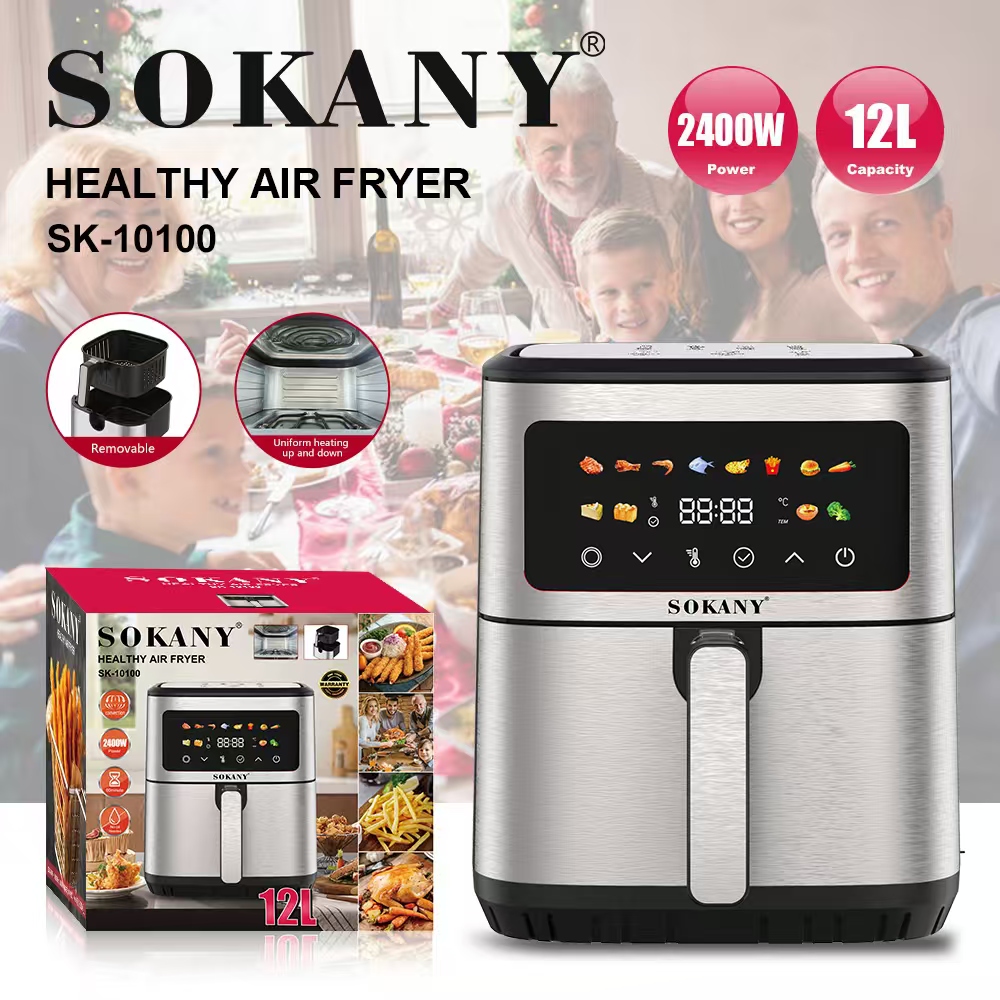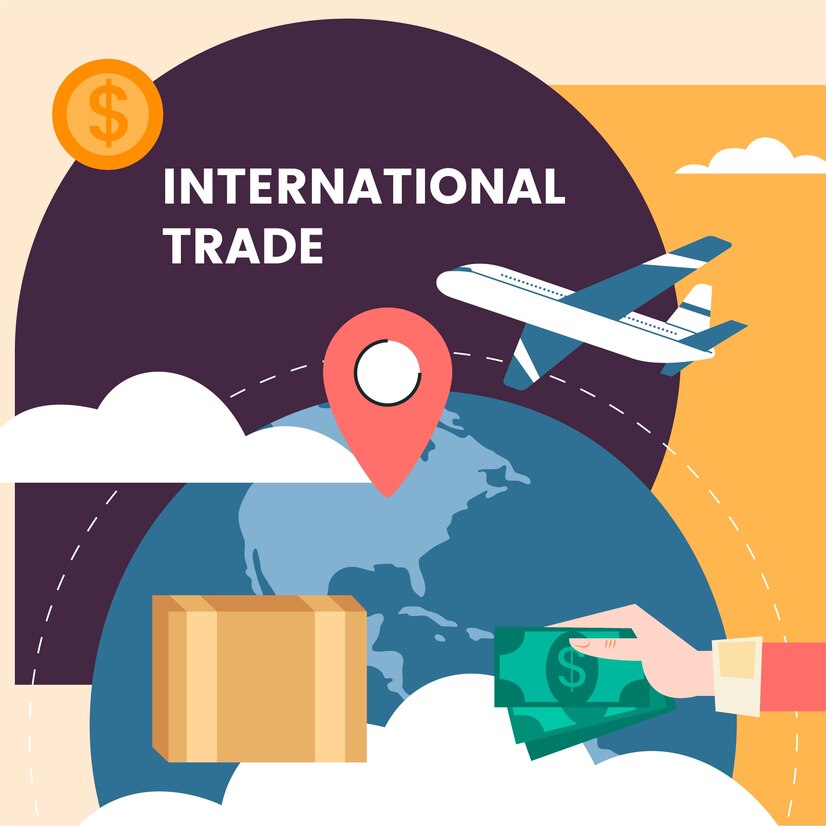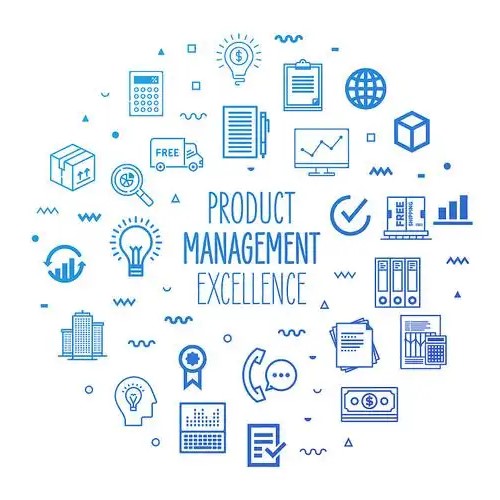Yiwu, a small city located in the Zhejiang Province of China, has earned a global reputation as the world’s largest wholesale market for small commodities. Over the past few decades, it has transformed from a modest town into a bustling international trade center, becoming a crucial node in the global supply chain. Known for its diverse range of products—from toys and textiles to electronics and jewelry—Yiwu has become a hotspot for exporters and traders around the world.
The Birth of Yiwu’s Trade Industry
Yiwu’s journey as an international trade powerhouse began in the early 1980s, when China’s economic reforms opened up new opportunities for commerce. Initially, the city was a traditional small commodity market catering to domestic Chinese consumers. However, with China’s growing influence in the global economy and the demand for low-cost goods, Yiwu quickly expanded its scope. By the early 2000s, the city’s markets were attracting international buyers from across Asia, Europe, the Middle East, and beyond.
In 2008, Yiwu made a significant leap in its trade development, aligning itself with the rising trend of e-commerce and direct exports. The city’s wholesale market, Yiwu International Trade City, which spans several large buildings and thousands of booths, became a magnet for businesses looking to source products at competitive prices.
Yiwu’s Role in Global Trade
Yiwu’s influence in global trade is immense, particularly in the small commodities sector. The city is home to more than 75,000 types of goods, offering an unparalleled variety of products that meet the needs of buyers across the globe. It has become the go-to market for small to medium-sized businesses, offering both ready-made goods and customizable items in bulk. Yiwu also hosts a large number of international buyers, who come to purchase products directly from suppliers, cutting out the need for middlemen and reducing costs.
Key sectors in Yiwu’s export industry include:
- Consumer Goods: Yiwu is renowned for its consumer products, such as home decor, toys, stationery, gift items, and clothing accessories. The market is a treasure trove for businesses seeking budget-friendly, high-quality products in these categories.
- Electronics and Gadgets: Yiwu also has a growing electronics and gadget sector, where buyers can find a range of tech items, including mobile accessories, small home appliances, and electronics components.
- Textiles and Apparel: Yiwu is an important hub for the global textile and apparel industry, with manufacturers offering everything from fabrics to finished garments, often with options for private labeling and customization.
- Jewelry and Accessories: Yiwu is home to many jewelry factories and suppliers, making it a major destination for businesses looking for wholesale jewelry, ranging from costume pieces to higher-end designs.
The Yiwu Model: A Unique Approach to Exporting
One of the key factors behind Yiwu’s success is its flexible and dynamic approach to trade. The city is particularly attractive to small and medium-sized enterprises (SMEs) looking to export goods at competitive prices. Several features of the Yiwu trade model make it stand out:
- Diverse Product Range: Yiwu’s market offers an incredibly diverse array of products, often in smaller quantities compared to larger Chinese manufacturing cities like Guangzhou or Shenzhen. This makes it ideal for entrepreneurs who need to source small to medium-sized orders.
- Low Minimum Order Quantities (MOQ): Unlike many other manufacturing hubs, Yiwu allows buyers to place smaller orders, often with low minimum order quantities, making it easier for startups and small businesses to access the market.
- Ease of Access: Yiwu’s proximity to Shanghai and its excellent transport infrastructure, including direct access to ports, railways, and highways, make it an accessible location for international buyers. The Yiwu Railway Station also facilitates the transportation of goods to and from Europe, further enhancing the city’s role in global trade.
- Trade Shows and Exhibitions: Yiwu hosts regular trade fairs, such as the Yiwu International Commodities Fair, which attracts thousands of exhibitors and buyers. These events provide a platform for international businesses to network, discover new products, and build partnerships with Chinese suppliers.
- Digital Transformation: Yiwu’s embrace of e-commerce platforms has enabled global buyers to source products online, further streamlining the procurement process. Platforms such as Alibaba, made in China, and Yiwu’s own online marketplaces allow international traders to access the city’s offerings without ever stepping foot on the ground.
Challenges and Opportunities in Yiwu’s Export Industry
While Yiwu’s export industry has experienced significant growth, there are also challenges that businesses must navigate:
- Competition: The sheer number of suppliers and manufacturers in Yiwu can create stiff competition. For businesses looking to establish a niche, differentiation is key. Companies need to focus on quality control, branding, and customer service to stand out in a crowded market.
- Supply Chain Logistics: While Yiwu’s transport links are robust, the complexity of global logistics—particularly in times of global disruptions like the COVID-19 pandemic—can impact the flow of goods. Exporters need to stay updated on the latest shipping trends and be flexible with their supply chains.
- Tariffs and Regulations: International trade is often subject to changing tariffs, import/export regulations, and compliance issues. Exporters and importers need to be aware of the political and economic landscape in both China and their destination countries to avoid any setbacks.
- Sustainability and Ethical Sourcing: With increasing global emphasis on sustainability, Yiwu is facing growing pressure to implement eco-friendly practices and ethical sourcing standards. Many international buyers are now seeking suppliers who meet higher environmental and social responsibility criteria.
Conclusion
Yiwu has cemented its status as a global leader in trade and export, driven by its extensive market offerings, competitive pricing, and robust infrastructure. Its success lies in its ability to cater to the needs of small and medium-sized enterprises, while providing a platform for international businesses to source high-quality products efficiently. As trade dynamics evolve, Yiwu will continue to play a pivotal role in shaping global commerce, fostering innovation, and connecting suppliers with buyers across the world.
For businesses looking to tap into the global market, Yiwu offers a wealth of opportunities—whether through direct sourcing, digital trade platforms, or participating in one of the many trade exhibitions that the city hosts. Despite the challenges, Yiwu’s flexibility and adaptability ensure it remains a key player in international trade for years to come.





Recent Comments